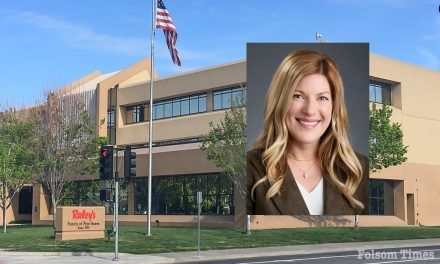The Board of Supervisors took a new step toward addressing safety with the adoption of an ordinance amendment curbing unlawful camping on public property during their regular meeting on Tuesday.
The amendment of Chapter 9.120 to Title 9 of the Sacramento County Code related to camping includes vehicles, trailers, campers, and recreational vehicles that, among other issues, undermine the cleanliness and usability of parks, water supplies, and other public resources.
It also prohibits camping within 1,000 feet of a shelter providing services to people experiencing homelessness.
While the ordinance amendment includes more specifics about unlawful camping, the code also addresses the county’s duty to protect lives and infrastructure and advances the county’s efforts to increase the supply of emergency shelters through code enforcement (Chapter 9.120.10).
District 3 Supervisor Rich Desmond and District 5 Supervisor Pat Hume requested the amendment to address public safety.
“My priority is to ensure the safety and well-being of our neighborhoods and businesses,” said District 3 Supervisor Rich Desmond. “This amendment to prohibit unlawful camping on public property is not about punishing those experiencing homelessness; rather, it’s about creating a supportive environment for all community members. We must strike a balance that allows us to address the challenges of homelessness while maintaining the safety and viability of our public spaces.”
“With this ordinance amendment, our goal is to keep the public spaces within our jurisdiction safe, clean, and accessible for everyone,” said District 5 Supervisor Pat Hume. “It’s essential that our trails, medians, county highways, and public buildings are well-maintained for the health and enjoyment of all residents and visitors. By tackling these challenges, we can foster a safer community for everyone.”
Sacramento County spends more than $220 million annually on programs, services, and solutions to homelessness.
The Board of Supervisors recently approved the construction bid for theWatt Avenue Service Center and Safe StayCenterwhich will host 225 beds in Safe Stay cabins, 50 people in safe parking, and 75 people for emergency/weather respite beds, as well as behavioral health services with case management, storage, job training, and more.
The Board also approved funding forJoshua House, a facility that provides end-of-life comfort care for people experiencing homelessness and terminal illnesses.
The county is also moving forward with an affordable housing project to shelter and house people exiting homelessness directly off theAmerican River Parkway.

 " />
" />

